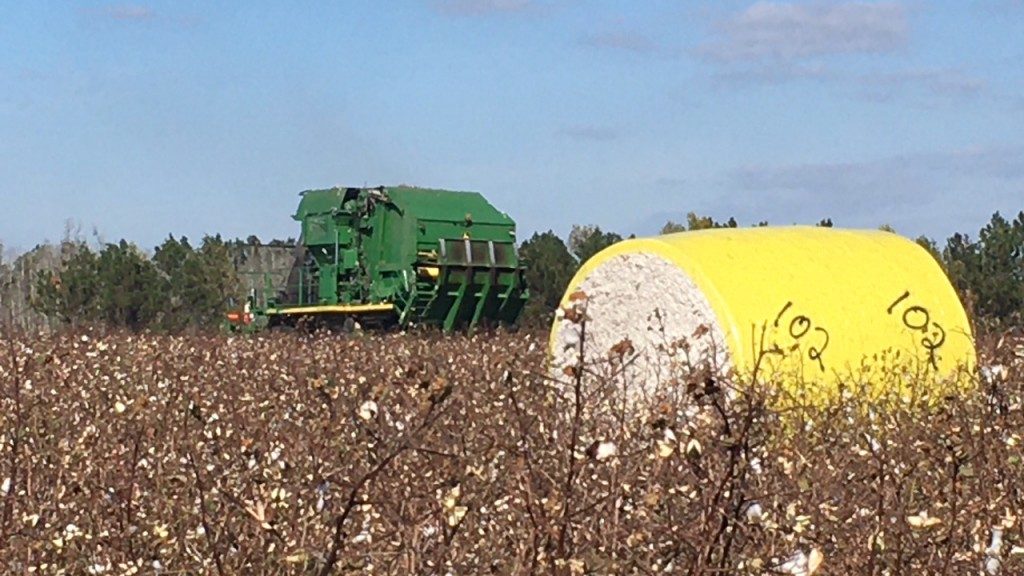The corn disease situation in Colquitt County has been quiet. The earlier planted corn has reached or is approaching tassel. The weather forecast calls for dryer conditions for the next week. Below are a few comments from Dr. Bob Kemerait, UGA Plant Pathologist, about the current corn disease situation.

To date, UGA Extension does not know of ANY southern rust (or soybean rust) in Georgia or in bordering areas of Alabama or Florida, though I am sure there is some somewhere. The hunt continues….
SO, WHAT DO WE TELL GROWERS- I have told you many times, “Corn Growers, especially under irrigated conditions and those with good yield potential, should have their finger firmly on the fungicide trigger and begin to slowly apply pressure as tassel growth stages approaches. If disease, especially southern rust, is known to be in the area, I would squeeze the trigger. I have that much respect for southern rust. However, if southern rust is not found, or conditions are not favorable, I would take my finger off the trigger and wait until rust is found.”
So what does that mean now? Our earliest planted corn is already silking and pollinating. That corn and corn approaching tassel is at key growth stages for decisions on use of a fungicide. No southern rust has been found; however conditions are generally favorable for development of southern rust (HOWEVER our current cool conditions will help to slow any development for a few more days..)
My recommendations:
- Growers not at tassel can certainly wait for a fungicide application.
- Growers at tassel or silking or pollinating stages can wait to make a fungicide application until southern rust is more of a threat (that is when we find it…).
- SOME corn growers do not want to take the risk of a) the first find of southern rust being missed OR b) having to scramble to make a fungicide application and hire a plane when everyone around them wants to spray also. These farmers will often decide to spray now. I can’t disagree with their logic.
- Under current “lower risk” situation, use of a single mode of action triazole like Tilt of Domark or Tebuconazole is less expensive, generally appropriate, and will have a protective window of about 2 weeks. These fungicides are fair to good on southern rust, but less effective against northern and southern corn leaf blights.
- Under current “lower risk” situation, use of mixed products, ANY product that mixes a triazole + strobilurin, or triazole + SDHI, or SDHI + Strobilurin, or triazole + strobilurin + SDHI will provide 3 weeks of protection, better activity against rust, and better activity against corn leaf blights, but will be more expensive.
- WHEN southern rust is a clear and present threat, choice of TOP fungicides for control (Things like Trivapro, Headline AMP, Veltyma, and others) becomes prudent. More when we get to that point.
If you have questions please contact your local county agent.
Jeremy M. Kichler
Colquitt County Extension Coordinator
